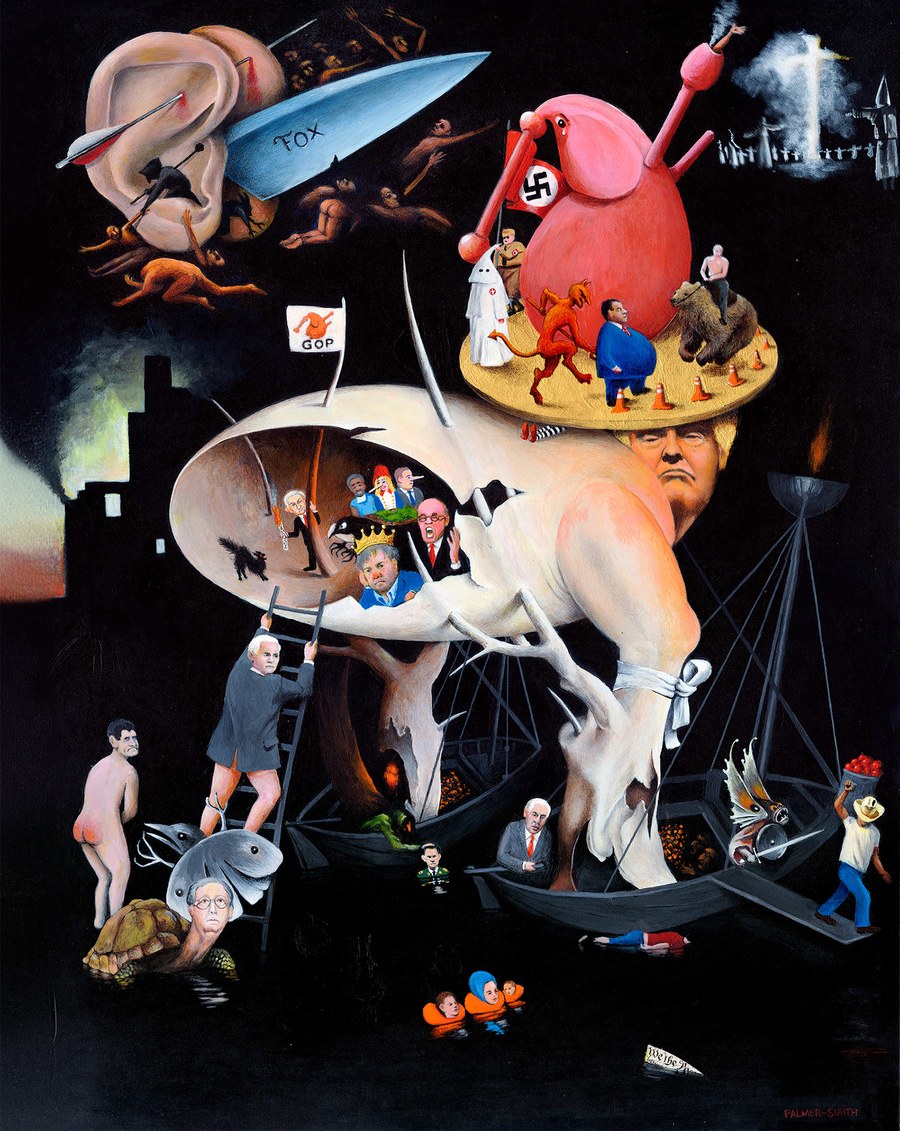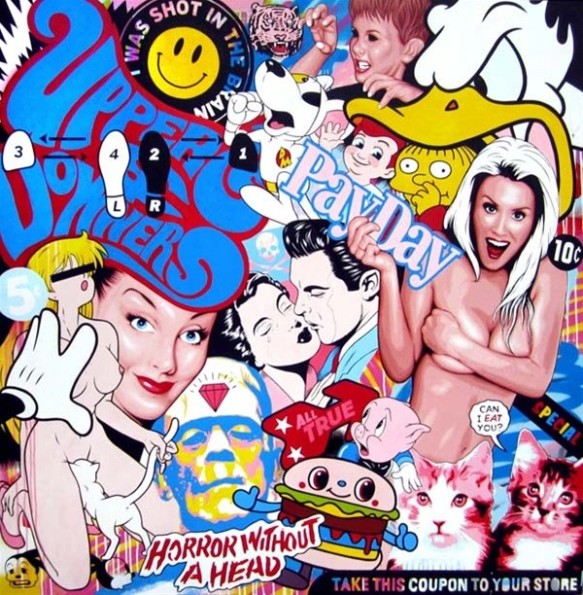
There are probably many of those who’ve looked for my fiction who have found that it is sited on ASSTR and may then have wandered onto its home site and been astounded at the sheer volume of authors represented there and the stories they’ve written.
You might also have noticed that the home site seems somewhat deficient in its functionality. For instance, the list of authors hardly features anyone, the Spotlights page hasn’t been updated since 2017 and many of the links don’t lead anywhere.
The situation is even worse if you’re an author. The online FTP facility no longer works, there is no longer a weekly posting of author statistics and there is no way that new authors can register on the site to post their stories.
However, it is clear that ASSTR is not actually dead. It is kind of walking along as can be seen by the number of new stories (or at least revisions of existing stories) that are posted every day. The site is in fact kind of like a zombie. It’s not quite dead and it’s not quite alive.
ASSTR was founded in the very early days of the Internet. It was a kind of offshoot of the newsgroups on bulletin boards that existed before the advent of HTML and is now managed by Google and known as Google Groups. It was in fact the repository of the alt.sex.stories newsgroup (hence its name). As time went on, it grew to become a much bigger enterprise as the internet’s largest collection of sex stories, hosting web sites for the many thousands of authors who wanted to post fiction that might not be accepted elsewhere. By the turn of the millennium it was at the heart of a vibrant community of authors and definitely the best place on the internet to find a wide range of fiction that was almost entirely free of scrutiny. The website was free, it was managed by volunteers and supported by donations. It was even, and probably still is, a registered American charity.
However, as standards on the internet have changed, the site now has a very dated look about it. Most of the site’s authors have no discernible skill at building web pages and the great majority of stories are available only as text, often poorly formatted and difficult to read. Furthermore, the quality of the actual stories is often very poor, almost illiterate on occasion, and pertains to behaviour which is quite rightly illegal throughout the world.
At about 2017, after the site had moved to a new service provider, the site simply stopped being maintained at all.
So, what we’re left with is a website that is just about stumbling along and to which only authors who were members of the website before 2017 are able to upload any files (and then only on FTP). So what you’ll see in the automatically updated list of recent posts is mostly just submissions by the same few authors and only those who are confident in using FTP (by such tools as FileZilla).
However, the prospective author doesn’t have to rely on ASSTR. There are other story sites out there and other hosts for authors who can build up their own websites.
It’s just that for those who want to post transgressive fiction, you’ll just have to contend with places that may well have very strict moderation policies (especially with regards to more extreme forms of sex and violence) or you may have to look beyond the world wide web into the murky world of the dark web.









